Digital Cut Media Solutions Pty Ltd
Ground floor
470 St Kilda Road
Melbourne VIC 3004
Ground floor
470 St Kilda Road
Melbourne VIC 3004
hello(@)digitalcutmedia.com.au
ABN: 16652757885
Quick Links
Company
Copyright © 2024 Digital Cut Media Solutions Pty Ltd, All rights reserved. Powered by DCMS & Kleevo Pty Ltd.
